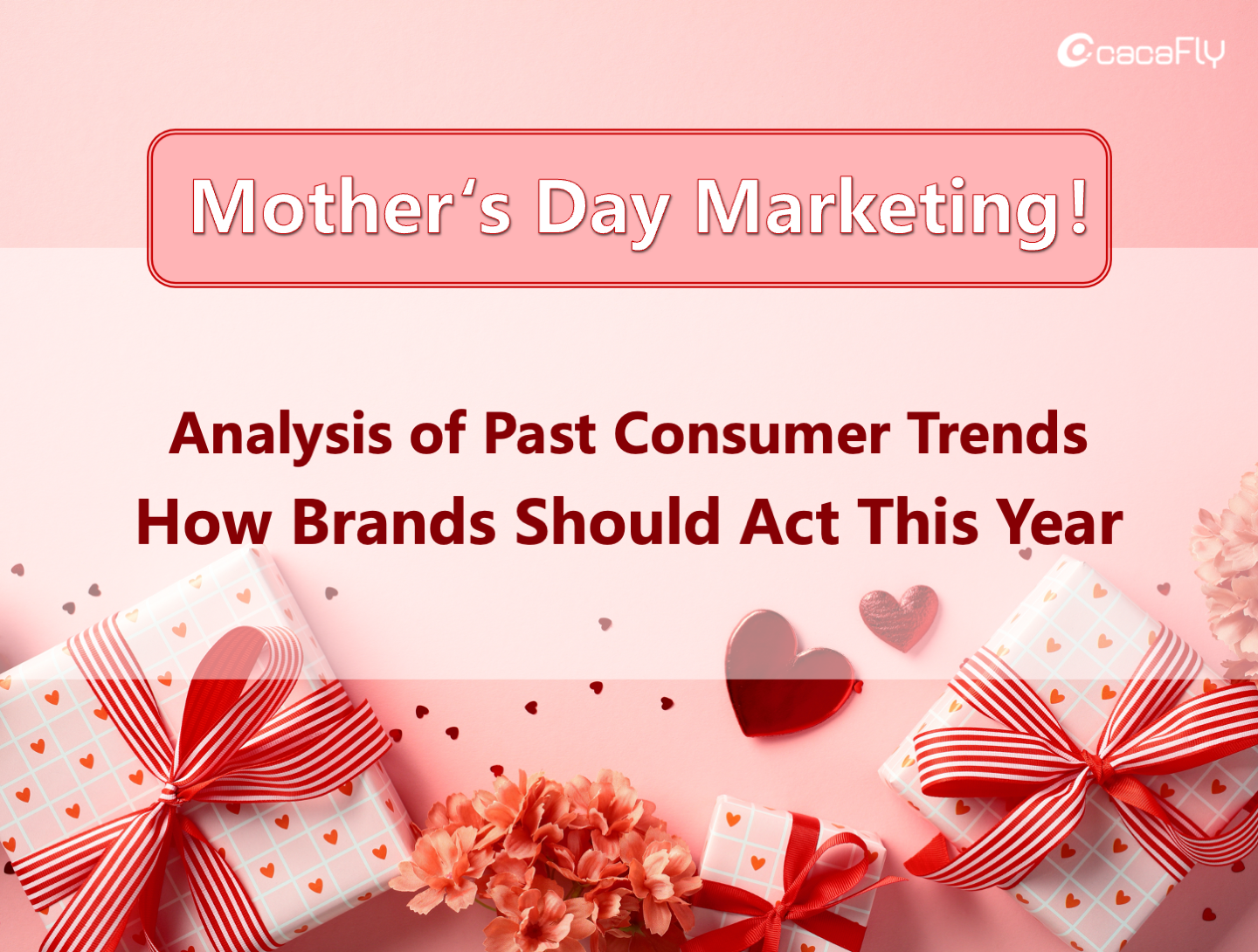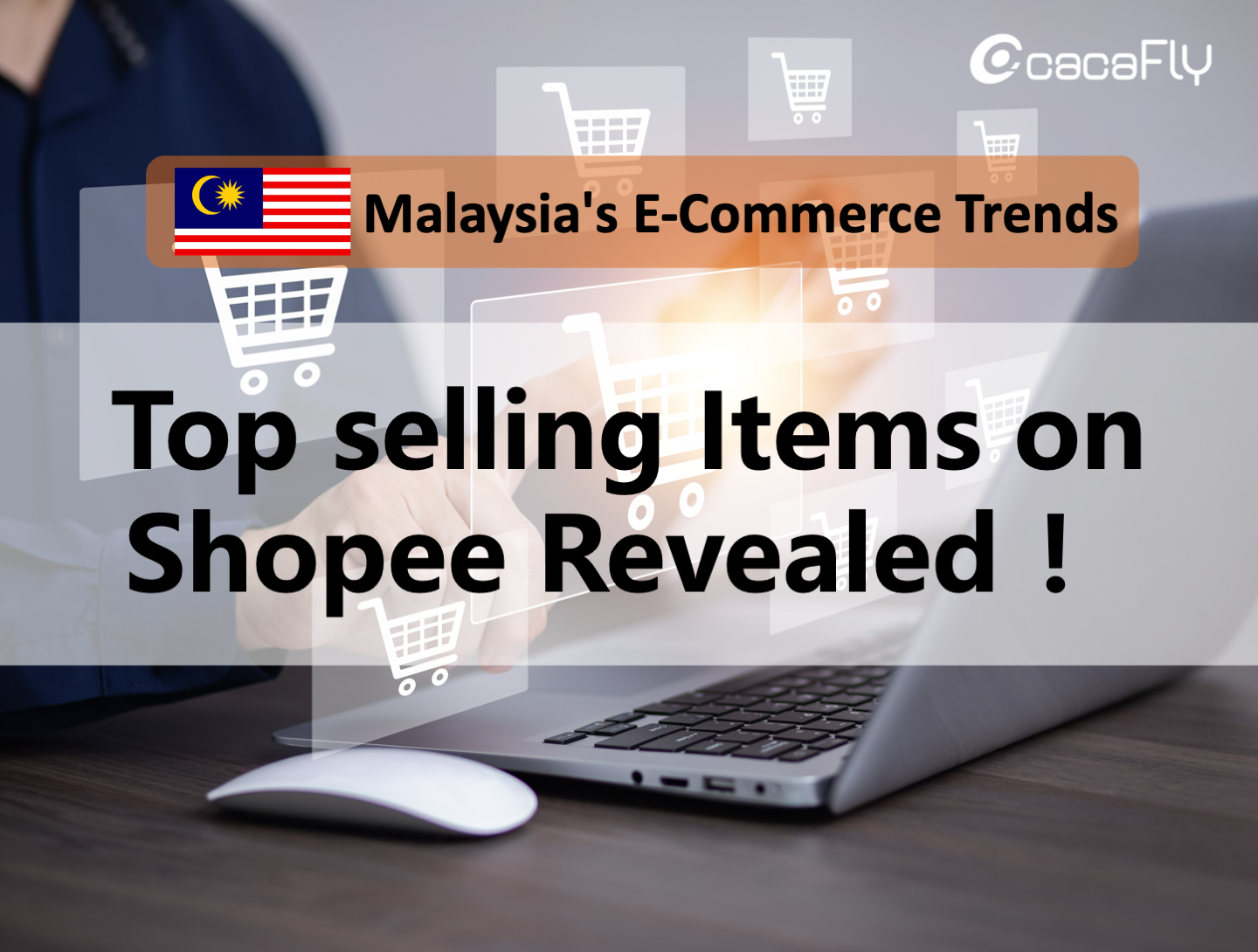
In today’s fast-evolving digital marketing world, how can brands capture attention, spark emotions, and drive consumer behavior in seconds? The answer is becoming clearer — Reels is rapidly becoming

In this era of rapidly evolving Reels content, “diversification” is no longer just a trend but a necessity in marketing. To make your Reels ads

Update 1: Expanded rollout of generative AI features and new Branding tools in Advantage+ Creative We are expanding the availability of background generation and full

Mother’s Day is not only a significant occasion for family bonding but also a peak shopping season where brands and retailers compete for consumer attention. In 2024, the market demonstrated strong consumer spending power, with vertical e-commerce merchants reporting an average revenue increase of nearly 30%. Meanwhile, the comprehensive e-commerce platform MOMO achieved double-digit annual growth, indicating that the Mother’s Day economy continues to thrive.

With the rapid development of digital marketing, the frequency of communication between businesses and users is continuously increasing. However, managing a large volume of private messages often leads to delayed responses, low communication efficiency, and a negative impact on user experience and conversion rates. As a leading social commerce platform, XHS offers various tools to help businesses optimize customer service, especially the private message management as being a key function. To enhance the efficiency of private message interactions, XHS has introduced the “Private Message Module”, a management tool designed specifically for XHS’ Pro Accounts. This tool helps brands streamline message management, improve user engagement, and achieve more precise customer outreach.

According to a report by market research firm Mordor Intelligence, Malaysia’s e-commerce market is projected to reach USD 10.72 billion in 2024 and grow to an astonishing USD 20.93 billion by 2029. With the widespread adoption of smartphones and the internet, Malaysia’s e-commerce sector has experienced rapid development over the past few years, driven by several factors, including advancements in digital infrastructure, shifts in consumer behavior, increased participation from international and local brands, and a significant surge in online shopping post-pandemic.